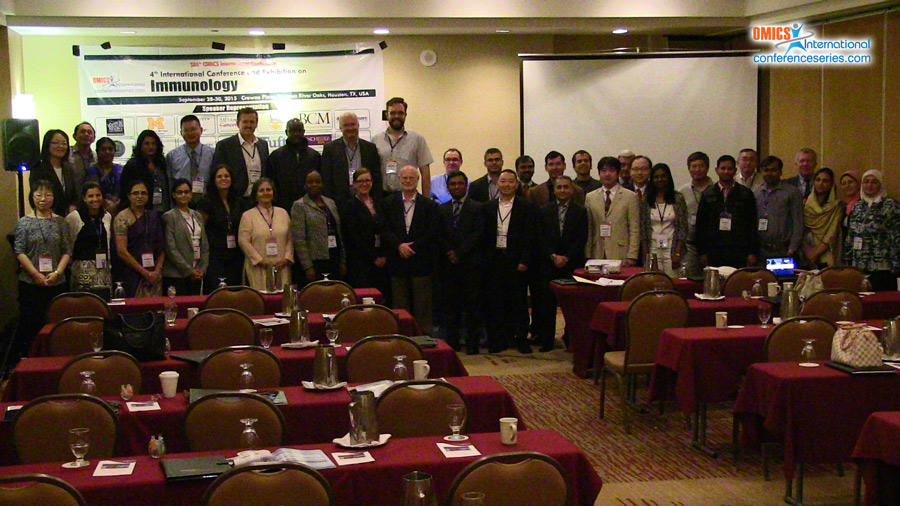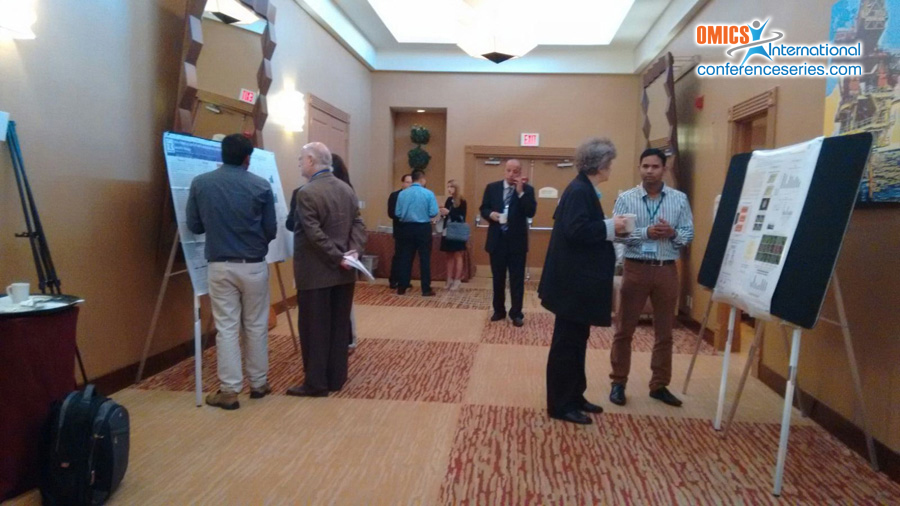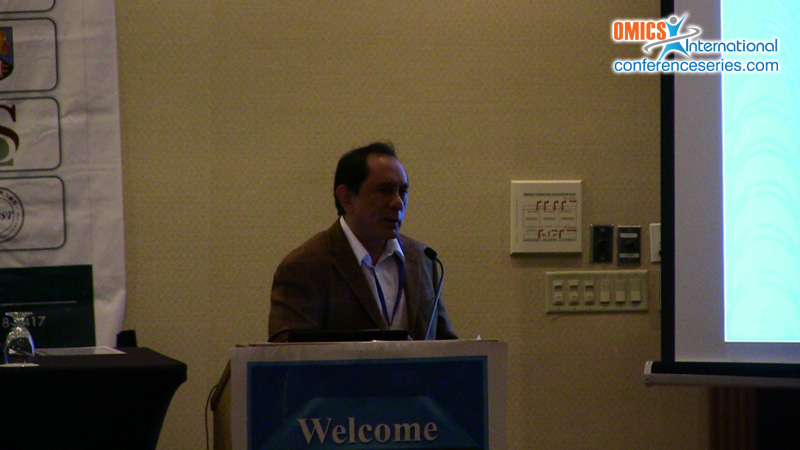Ricardo Rosales
Virolab S de RL de CV, México
Title: Vaccinia virus MVA as vector-vaccine strategy to modulate immune responses against Papillomavirus
Biography
Biography: Ricardo Rosales
Abstract
Vaccinia virus was developed and tested as a safe smallpox vaccine. It was also found to be avirulent for normal or immunosuppressed individuals, and not to have negative side effects in all human tested up to now. The approach of expressing a foreign protein via vaccinia virus vectors has already been used to protect animals from other virus infections. Also, it is well known that Human papilloma viruses can induce warts, condylomas, and other intraepithelial cervical lesions that can progress to cancer. Cervical cancer is a serious problem in developing countries because early detection is difficult, and thus proper early treatment is many times missing. Based on this, we evaluate the potential of the MVA E2 recombinant MVA-Virus Vaccine in Phase I, II and III clinical trials to eliminate all types of papillomavirus lesions. 89.3% female patients showed complete elimination of lesions after treatment with MVA E2. In men, all lesions were completely eliminated. All MVA E2-treated patients developed antibodies against the MVA E2 vaccine and generated a specific cytotoxic response against papilloma–transformed cells. Papillomavirus DNA was not detected after treatment in 83% of total patients treated. MVA E2 did not generate any apparent side effects. These data suggest that therapeutic vaccination with MVA E2 vaccine is an excellent candidate to stimulate the immune system and generate regression in intraepithelial lesions when applied locally.
Speaker Presentations
Speaker PDFs
Speaker PPTs Click Here




